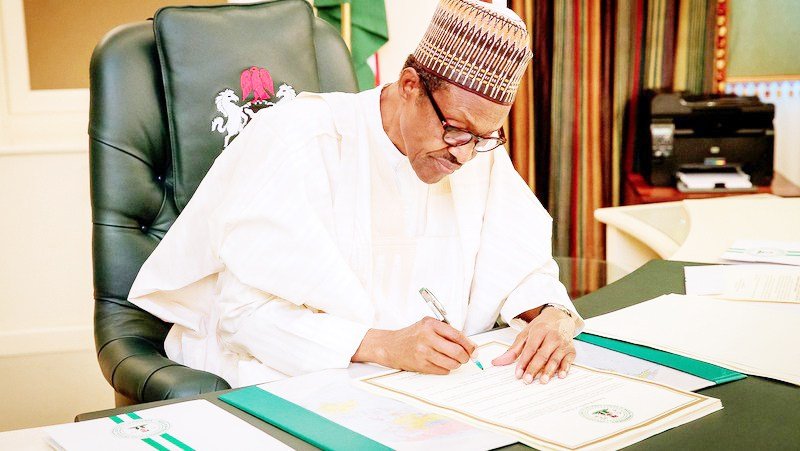Nigeria Risks EITI Sanctions Failure To Establish Beneficial Ownership Register By Dec

Nigeria will come under sanctions by the Extractive Industries Transparency Initiative (EITI) if it fails to have an established Beneficial Ownership (BO) register by midnight of December 31, 2019, e360 has learnt.
This follows the EITI 2.5 Standard which requires member countries to ensure that licensed oil, gas and mining companies engaged in extractive activities publish the names of their real owners by January 1, 2020.
This, in addition to Nigeria’s commitment to the Open Government Partnership (OGP), has got stakeholders working assiduously to ensure that the country establishes the BO register before the end of this year.
To this end, a BO reporting network engagement with Civil Society Organisations (CSOs) and media was held on Tuesday in Port Harcourt by the Nigerian Extractive Industries Transparency Initiative (NEITI) with support from FOSTER.

Participants at the engagement in Port Harcourt
The engagement is aimed at sensitizing participants on their roles towards ensuring the establishment of the register and subsequently engaging with it when it is established.
Speaking at the engagement, representative of Civil Society Steering Committee (CSSC) on the NEITI board, Mr. Kolawole Banwo, said citizens rely on CSOs and media to take the lead in championing policies and strategies that could result to better management of the nation’s extractive sector, urging participants to make individual and collective efforts towards ensuring the realization of a beneficial ownership register in Nigeria.
He stressed that Nigeria which has been a pacesetter among the EITI implementing countries was lagging behind in establishing a BO and risk losing its current rating of Satisfactory Progress against the EITI standard, failure to meet the January 1, deadline.
“Nigeria may lose its present EITI ranking by the next Validation if we don’t get the register in place because the BO is now a focal point in EITI Validation,” Banwo said.

Draft BO data collection template
In his presentation, Nduka Ikeyi, a consultant on BO register, listed the benefits of establishing the register to include improved financial transparency, accountability and better public finance management.
He added that it would also help in fighting corruption, combat tax evasion, prevent the financing of terrorism as well as help prevent illicit financial flows.
e360 learnt that the template being developed requires anyone with 5percent and above shares in an oil and gas extracting company to be captured, and required to declare as a beneficial owner, while a threshold is yet to be determined for solid minerals companies.

Section of participants
The register is expected to be in place by October this year, to allow for piloting and necessary reviews and would be fully established before the December deadline.
It was further gathered that the Mining Cadastre Office (MCO) will host the register for mining companies while the Department of Petroleum Resources (DPR) will host the register for oil and gas companies. This is with a view to avoid overlap and ensure clear regulatory functions.
The United Kingdom and Ukraine are among countries that have established a public register of Beneficial Ownership.
In 2016, President Muhammadu Buhari, at an anti-corruption summit in London, declared his administration’s commitment to establish a register of beneficial owners of companies in Nigeria. Although, rather slowly, the country has since the Presidents declaration, been making efforts towards ensuring a BO register implementation.





























